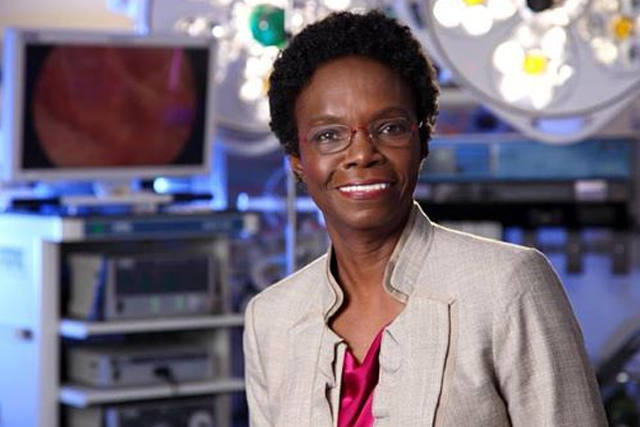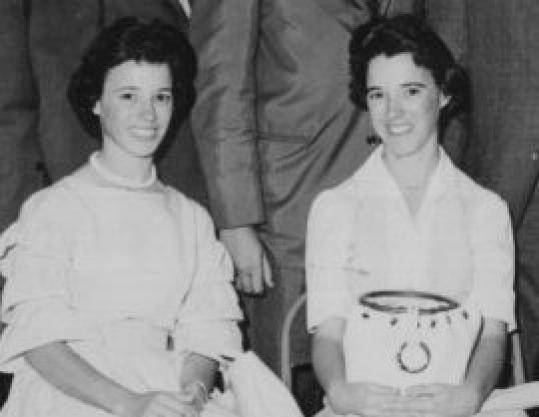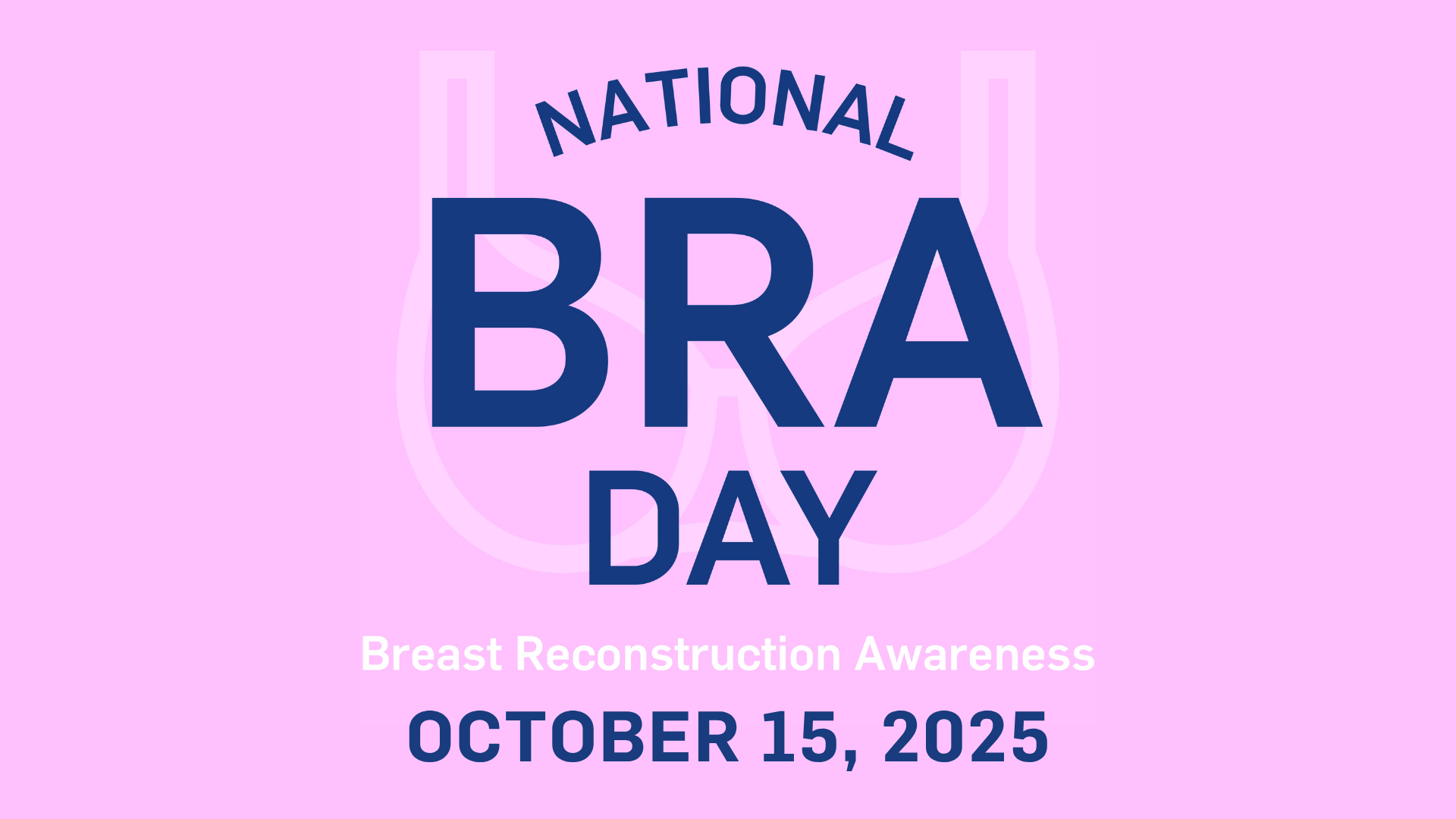Joan Flieg’s daughter passed away in 2015. Prior to her death, she had registered to become an organ donor, a choice that was made visible on her driver’s license. “The evening that she passed, we got a phone call. We didn’t even hesitate,” Flieg says. “We immediately went ahead and said ‘yes’ to donation and from that moment on, we became a donor family.”
In life, Flieg’s daughter was most noticed for her voice. She was a double music major at Southeast Missouri University where she loved to sing, perform and be up in front of an audience. Flieg says she even had plans to travel to Austria to study opera. “A lot of people would say they couldn’t believe that such a loud voice had come from someone so petite,” Flieg says. “She packed a powerful voice. We are so proud of her.”
In the five years since she passed, the Fliegs have learned their daughter gave the gift of sight and helped enhance 42 other lives through her tissue donation. “It’s just an ongoing gift to know that she’s out there still providing a selfless act on her part,” Flieg added.
March is Women’s History Month and we’re shining a spotlight on women in history who, like Flieg’s daughter, have made an indelible mark on the lives of those touched by organ donation. These three female pioneers helped to shape the field of organ donation and transplantation into what it is today.
Elizabeth Ward: Pioneer of the First Organ Donor Cards
When Elizabeth Ward’s son Timbo developed an acute kidney condition at the age of 13, it caused his kidneys to eventually fail. Ward refused to accept his probable death and fought for him to get the lifesaving treatment he needed. It became clear that his only hope was a kidney transplant, but kidney transplantation was still in its infancy when he first became ill. Ward’s fight was successful. Timbo went on to have three successful kidney transplants, which helped to provide him with an additional 22 years of life.
Ward went on to help others in the same situation. In August of 1971, she placed an ad in a newspaper, which led to the beginning of a massive public awareness campaign and the introduction of the kidney donor card (which eventually became an organ donor card). She dedicated her life to improving the quality of life for kidney patients and made a huge difference to thousands of people with kidney disease over more than three decades. Her uncompromising resolve to save her son made her one of the most prominent healthcare crusaders in the last part of the 20th century.
Dr. Velma Scantlebury-White: The Nation’s First Black Female Transplant Surgeon
Dr. Velma Scantlebury-White was born in Barbados in 1955 and moved to New York City with her family in 1970. After attending Long Island University-Brooklyn, she graduated with honors and degrees in biology and pre-med, and later earned a medical degree at Columbia University. It was there she met her mentor, Barbara Barlow, M.D., a pediatric surgeon at Harlem Hospital in New York, who helped Scantlebury-White focus her career in surgery. In 1989, Dr. Scantlebury-White became the nation’s first Black female transplant surgeon and went on to perform over 2,000 transplants.

“There are many more women in general surgery but moving into a field such as transplant becomes difficult in finding support,” Scantlebury-White said. “One of the things we’re actually trying to get is continued mentorship and sponsorship from program directors, who play a role in making sure the fellows get the best experience possible, and also get embraced when they’re in their training years.”
Although she recently retired from surgical practice, Scantlebury-White shows no signs of slowing down and works hard to achieve equity for minority patients. A longtime proponent of promoting organ donation within the Black community, Scantlebury-White says there have been significant changes in terms of achieving equity access in the allocation system for minority patients, but some issues persist.
Edith Helm: First Woman to Give Birth Following Transplantation
Until her passing in 2011, Edith Helm had two remarkable claims to her legacy surrounding organ donation: she was the world’s longest surviving kidney transplant recipient and the first woman in the world who successfully gave birth following transplantation. The successful kidney transplant procedure, the third at Brigham and Women’s Hospital in Boston, was performed in May 1956 when Edith was 22 years old. Edith was the recipient of a kidney from her identical twin sister, Wanda Foster.

Prior to the transplant surgery, kidney transplants between twins had only occurred between males. Edith’s transplant initially raised questions about pregnancy following kidney transplantation. Because pregnancy strains a healthy woman’s kidneys, could a transplant sustain the stress of carrying a child to term? What would happen if a female transplant patient or her donor became pregnant? These questions were put to rest when Edith went on to give birth to a son and two years later a daughter with no complications. Her twin sister, Wanda, had four healthy babies as well.
Leave your Own Legacy by Becoming an Organ Donor
Throughout Women’s History Month, we celebrate the contributions of women, and we remember the sacrifices made by women to help make the world and our country a better place. By registering as an organ or tissue donor, you can bring hope to patients and families who are holding out for a miracle. Sign up for the donor registry and increase the chance that patients waiting will get the transplants they need to survive and get the chance to witness the benefits of organ donation first-hand. There’s no greater legacy than that.


